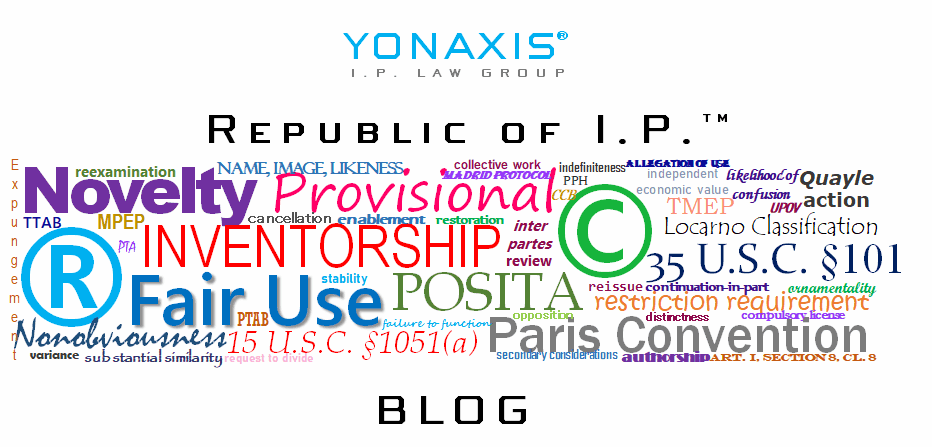By Brent T. Yonehara
On May 22, 2017, the U.S. Supreme Court handed down an important ruling, TC Heartland LLC v. Kraft Foods Group Brands LLC, 581 U.S.___ (2017), in patent venue, and specifically limited the ability of patent litigation plaintiffs to file in nearly any U.S. District Court in the country, and held a defendant domestic corporation can only be sued for patent infringement only in its state of incorporation.
Venue for patent cases is delineated by 28 U.S.C. § 1400(b): “any civil action for patent infringement may be brought in the judicial district where the defendant resides, or where defendant has committed acts of infringement and has a regular and established place of business.”[1] Note that for purposes of the TC Heartland case, the Court only addressed the defendant’s “residence,” and not “place of infringement.”
Also, and more importantly, § 1400(b) differs from the general venue statute, 28 U.S.C. § 1391(c): …(2) an entity with the capacity to sue and be sued in its common name under applicable law, whether or not incorporated, shall be deemed to reside, if a defendant, in any judicial district in which such defendant is subject to the court’s personal jurisdiction with respect to the civil action in question and, if a plaintiff, only in the judicial district in which it maintains its principal place of business. [2]
(Emphasis added).
The Court analyzed Congressional enactment of both venue statutes, as well as the Court’s own decision in Fourco Glass Co v. Transmirra Prods. Corp., 353 U.S. 222 (1957), noting that § 1400(b) is the “sole and exclusive provision controlling venue in patent infringement actions, and . . . is not supplemented by [] § 1391(c).”[3] In other words, the general venue statute does not override the patent venue statute. The Court decidedly overruled the Federal Circuit’s 25 year expansive patent venue.
This ruling will have an emasculation effect on the Non-Practicing Entities (NPEs, or “patent trolls”)’s ability to control patent infringement cases especially if they are not able to file their complaint in their choice of district court. Some commentators have been quite harsh about reigning in the patent trolls’ venue selection. The biggest patent litigation venue, by far, has been the Eastern District of Texas, a rural district known to be pro-plaintiff. Patent trolls flocked to the E.D. Texas with 87% filing their patent infringement suits in that district. The District of Delaware, Northern District of California, Central District of California, and Northern District of Illinois were far behind. These latter four districts appear to be the heavy beneficiaries of TC Heartland, as many companies are either incorporated in Delaware, or headquartered in Silicon Valley or San Francisco.
While this ruling will not end the patent troll phenomenon, it will place hindrances on this type of litigant.
[1] 28 U.S.C. § 1400(b).
[2] 28 U.S.C. § 1391(c).
[3] 581 U.S.___ (2017) (slip op. at 5, citing Fourco Glass Co. v. Transmirra Prods. Corp., 353 U.S. at 229).

2 thoughts on “SCOTUS Watch: TC Heartland LLC v. Kraft Foods Group Brands LLC”
Comments are closed.